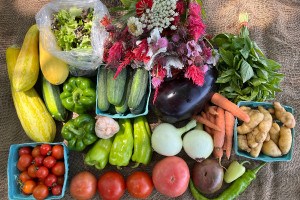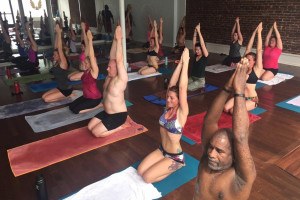Philly Among the Worst US Cities for Allergies
As I type this, I’m sitting here battling a stuffy nose and watery eyes—how very appropriate.
The annual list by the Asthma and Allergy Foundation ranking the worst US cities for allergies was released this week. Out of 100, Philly comes in at number 21, which, all things considered, is actually way better than last year’s ranking at 11th. (I’m trying to see a bright side here, people).
The ranking is determined by three factors: pollen scores, the number of allergy medications used per patient, and the number of allergy specialists per patient in a given area. Overall, Philly scored “worse than average,” clocking in with a total score of 82.68 (the average is 69.2). In the three categories, we were worse than average in our pollen score and our number of board-certified allergists. We were average in medicine usage.
Ranking first in this year’s list is Knoxville, TN, up from the fourth slot last year. Rounding out the top five worst cities for allergies are Dayton, OH (previously #1); McAllen, TX (previously #6); Jackson, MS (previously #5); and Oklahoma City (previously #10).
In our October issue, we asked John R. Cohn, an allergy and immunology specialist at Thomas Jefferson Hospital, about how to deal with fall allergies. Here’s what he said:
“While tree and grass pollens are the main culprits of spring allergies, weed pollens and mold cause the bulk of fall allergies in our area, though the symptoms are the same. If you have spring allergies, you’re susceptible to the fall variety. Try a non-sedating OTC antihistamine to calm symptoms. Close your doors and windows to keep the allergens out, and for a natural solution, try a saline rinse with a neti pot to clear the nasal passages; air purifiers aren’t usually sufficient. If problems persist, see an allergist.”



